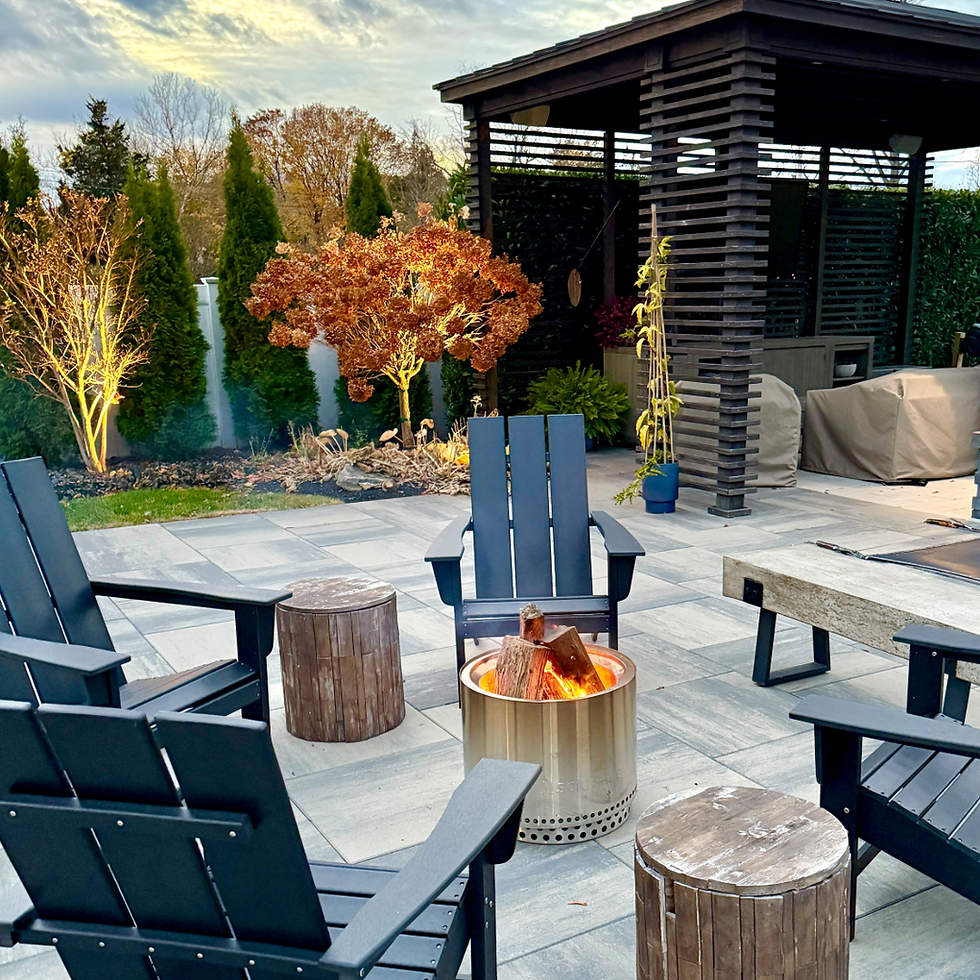Happy Houseplants
- Rebekah
- Jul 5, 2023
- 2 min read
Updated: Jul 11, 2023
We recently unpacked new houseplants at the garden center! New tropical flowers are in stock as well! In today's post, we want to share some simple tips to help your houseplants grow and flourish during these summer months.
1.Repot if necessary. If you haven't repotted a houseplant in a few years, it may have outgrown its current pot. A way to tell is when you water it, if the water immediately drains out of the pot, you know your plant is probably root-bound. To repot, choose a new pot that is a good bit larger than your current one and gently take your houseplant out of its pot. Gently unwind the roots and add fresh, enriched soil to your new pot. Water well after you've repotted. Your houseplant will be stressed from moving pots, so we would recommend waiting to fertilize for a few weeks.

2.Fertilize. If you didn't need to repot or haven't fertilized recently, now is a great time to. Slow release fertilizers are typically great for houseplants. We can give you recommendations based on your specific plant here at the nursery.
3. Place outdoors if able. Houseplants thrive in our summer humidity here in middle TN! If you want to see a lot of growth from your plant, place it outdoors for the summer months. If you do this, be sure to keep them in a covered area (on a covered porch, screened in patio, etc) where YOU can control how much sunlight and water they receive. Houseplants do not do well to be in full sunlight outside all day, so even if you know your fiddle leaf fig loves bright light indoors, it needs to be in indirect light outdoors. You will need to bring any houseplants back indoors before the threat of frost (which is usually mid-October). Personally, I like to bring mine back indoors by early/mid September.

4. Water well when needed. Houseplants are growing more during the warm months, therefore, you may find that they need a bit more water. This is especially true if you have them outdoors. Still follow the normal recommendations- your plant will not want soggy, wet roots, and will need to dry out in between waterings. You may find that your houseplants' soil is drying out a bit more often than it does in winter. Keep in mind that when houseplants accidentally perish, its usually due to over-watering. Ask us specific questions about watering here at the nursery; we're happy to answer your questions!
5. Wipe the leaves of your plants. Houseplants get dust on them just like any other surface. Periodically wiping their leaves ensures they receive adequate sunlight and are able to photosynthesize as they should (which is how the plant feeds itself). Simply mist the leaves with lukewarm water and take a soft washcloth to wipe. Alternatively, if a plant is small enough, you may be able to put it in the kitchen sink and spray the leaves off. Or, if you have an air plant, you can simply dunk it in a bowl of water to clean it (and also give it a drink!).



